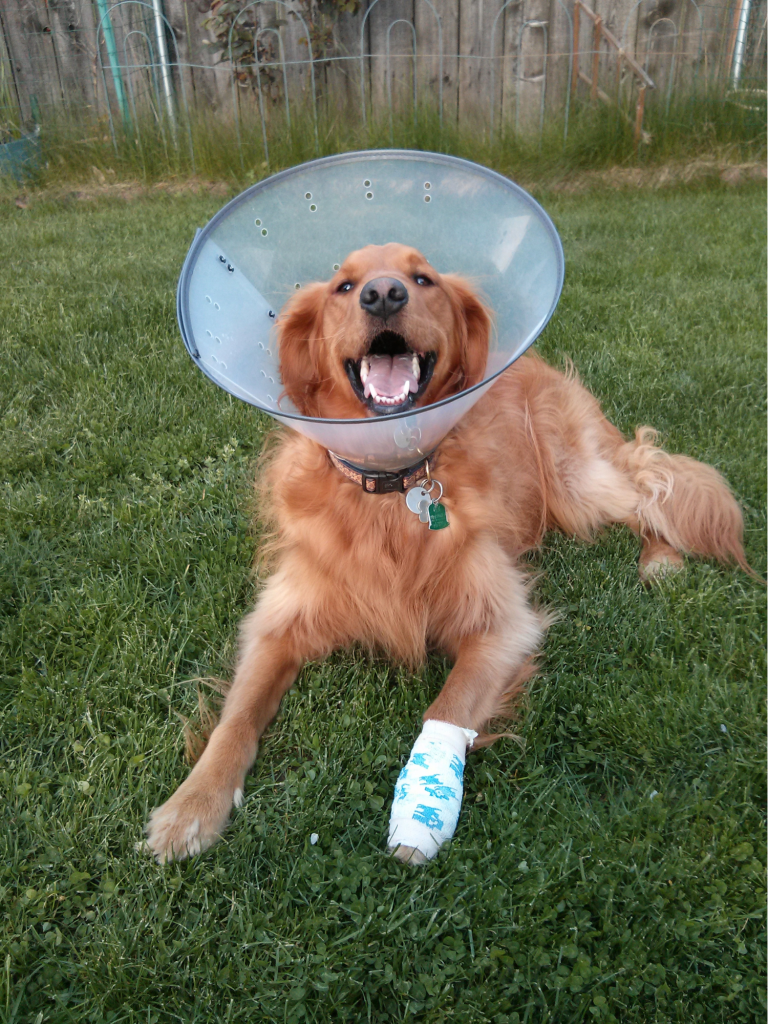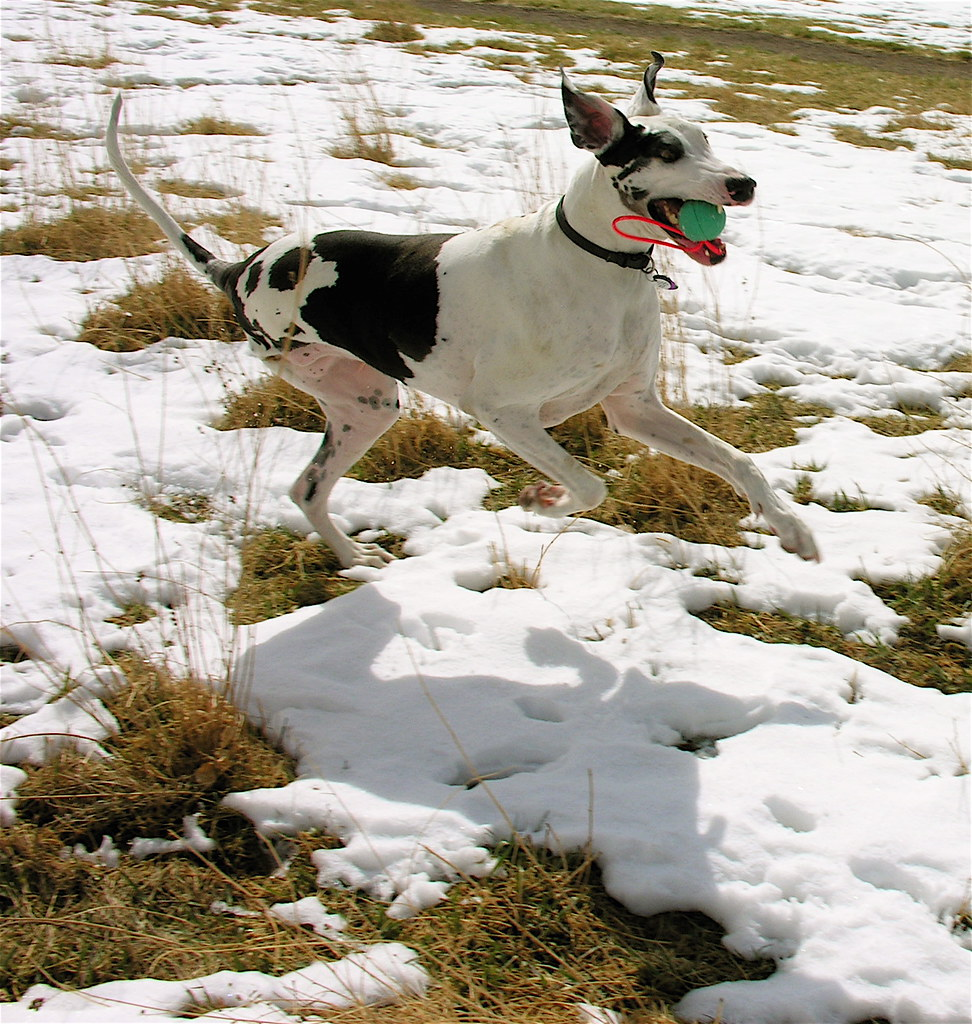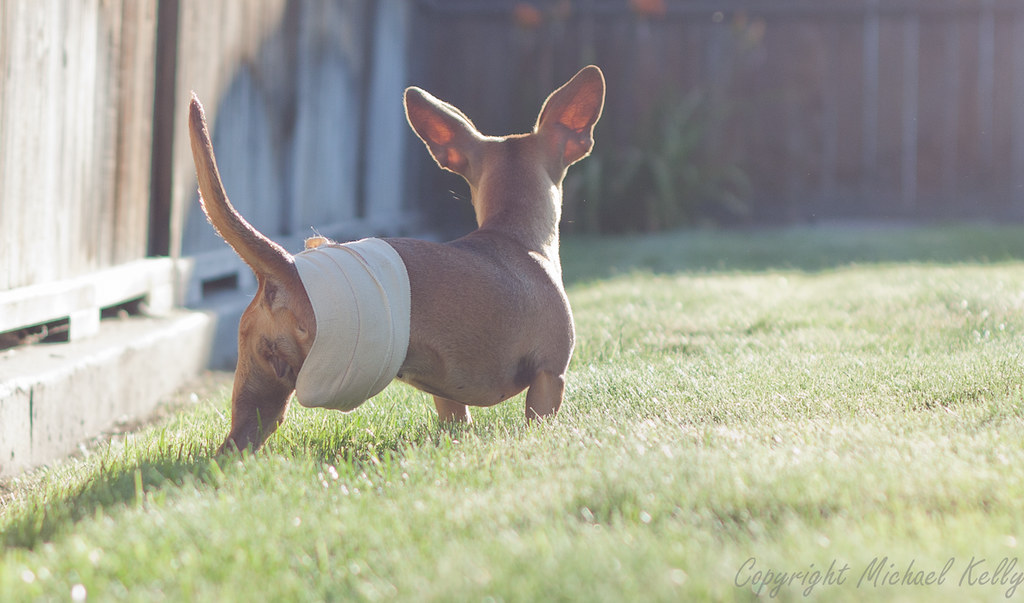By Emily Daigle
When I dropped my three year old Lab off at the vet, knowing that the next time that I would see him he would be a different dog, I was heartbroken. I was terrified that he wouldn’t be able to adjust to his new life and that his usual spunky confidence would be gone. Little did I know at the time that the necessary decision to amputate his rear right leg would actually bring out so much more life in him than before.
As many amputee dog owners would agree, the decision to either go through with a recommended amputation or to adopt a tripawd requires much thought and consideration. Foremost, what is important to remember is that this surgery isn’t recommended lightly. Almost always, removing the main source of suffering in these cases does help, rather than hinder, the dog’s quality of life. And unfortunately, oftentimes amputee dogs are neglected and left in shelters because people frequently don’t see overwhelming benefits in these dogs.

Most dogs happily adjust to their new life with the help of your vet’s post-op care and, of course, the owner. Normal movement is often quickly learned and overtime, their weight will begin to balance to adjust to the absence of the limb(s). With time, care, and your help, these dogs certainly have a chance at being their spunky selves again. Most veterinarians even suggest that your dog will not notice the difference in time.
What I learned through my dog’s healing process was that patience was key. Small things like getting on the couch to our other dog not understanding why playtime was restricted needed to be carefully remodeled. Remembering that everything your tripawd does now requires more effort for them and listening to their signs of comfort will help this time run more efficiently.

Today, my dog’s life is without a doubt different, but it is no where close to deprived. Six years later he is comparably happy, active and truly himself, and would not be here if it weren’t for his surgery. Instead, we are now focusing on averting arthritis with joint supplements. We, of course, recommend LubriSynHA.
Of course, always follow your vet’s instruction and advice. Then, remember that these dogs are special and with your help, will learn to live copious, happy lives.

